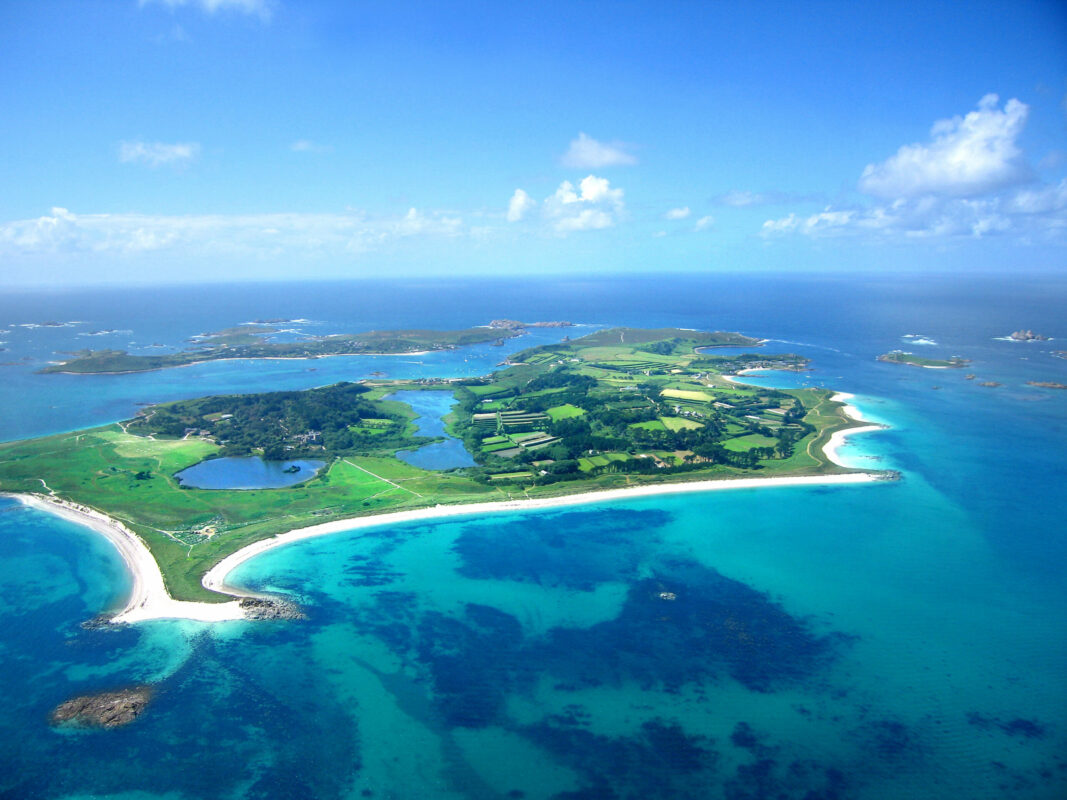Image: Tom Corser/Coray.
The first tranche of a near £3 million investment is to be deployed on the Isles of Scilly to deliver installations of new solar arrays, as well as electric vehicle chargers including some with vehicle-to-grid technology.
The funding from the Cornwall & Isles of Scilly Local Enterprise Partnership (LEP) is to be used as part of the Smart Islands project which aims to provide the isles with a new smart energy system using renewables, energy storage and electric vehicles.
The eventual goal is to see 40% of electricity demand using renewables, to cut electricity bills by 40%, and for 40% of vehicles on the islands to be electric or low-carbon all by 2025.
The LEP is to invest £606,000 in ten solar canopies, as well as the same number of EVs and 25 chargers, some of which will be able to deliver V2G functionality. Separately, £390,000 is to be used to provide grants to up 50 island businesses to install low carbon technologies including solar power.
This is in addition to the 450kW to be deployed by Natural Generation, after it won a tender launched by Smart Islands project lead Hitachi in December, and Moxia which has begun to roll out 43.8kWh of battery systems.
LEP chief executive Glenn Caplin said: “Smart Islands is pioneering new ways to show how a community can embrace technology to move towards a sustainable and low carbon economy. Clean growth is one of the government’s ‘Grand Challenges’ in its Industrial Strategy and we think the Isles of Scilly can demonstrate a ground-breaking model that is scalable to other parts of the UK.”
The LEP has now formally signed two contracts with the Council of the Isles of Scilly to deliver the electric vehicle and low carbon business grant elements of the Smart Islands project. Its investment complements an £11m investment in Smart Islands from the European Regional Development Fund.
Lady Marian Berkeley, lead member for Smart Islands on the Council of the Isles of Scilly said: “The LEP investment into the Smart Island Programme supports not only our intention to become a low carbon, sustainable destination but also the technical innovation that could effect change on a larger scale, allowing future generations to remain on the islands.”
The deployment of the remaining ~£1.9 million pledged by LEP will be decided pending the outcome of a feasibility study.


